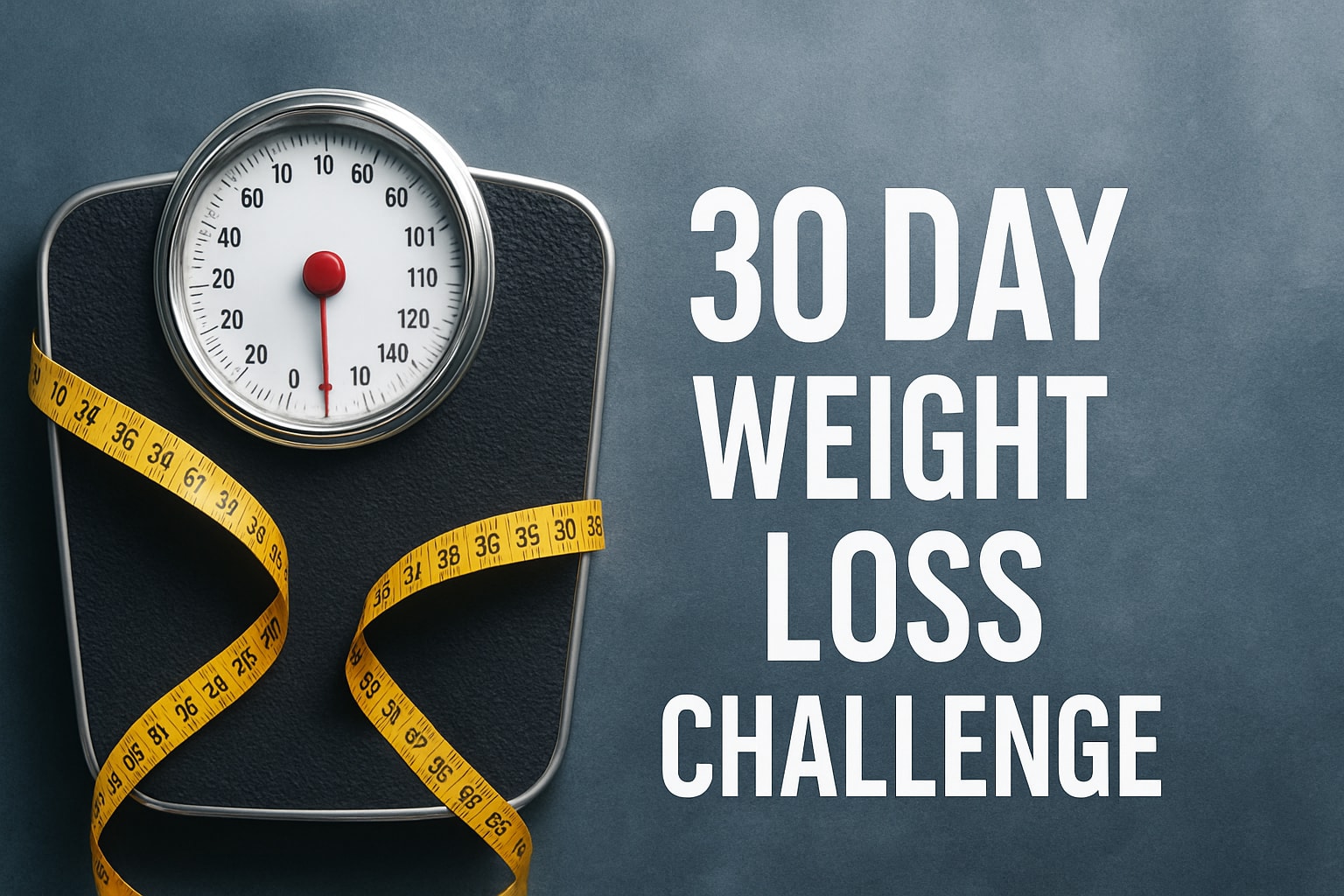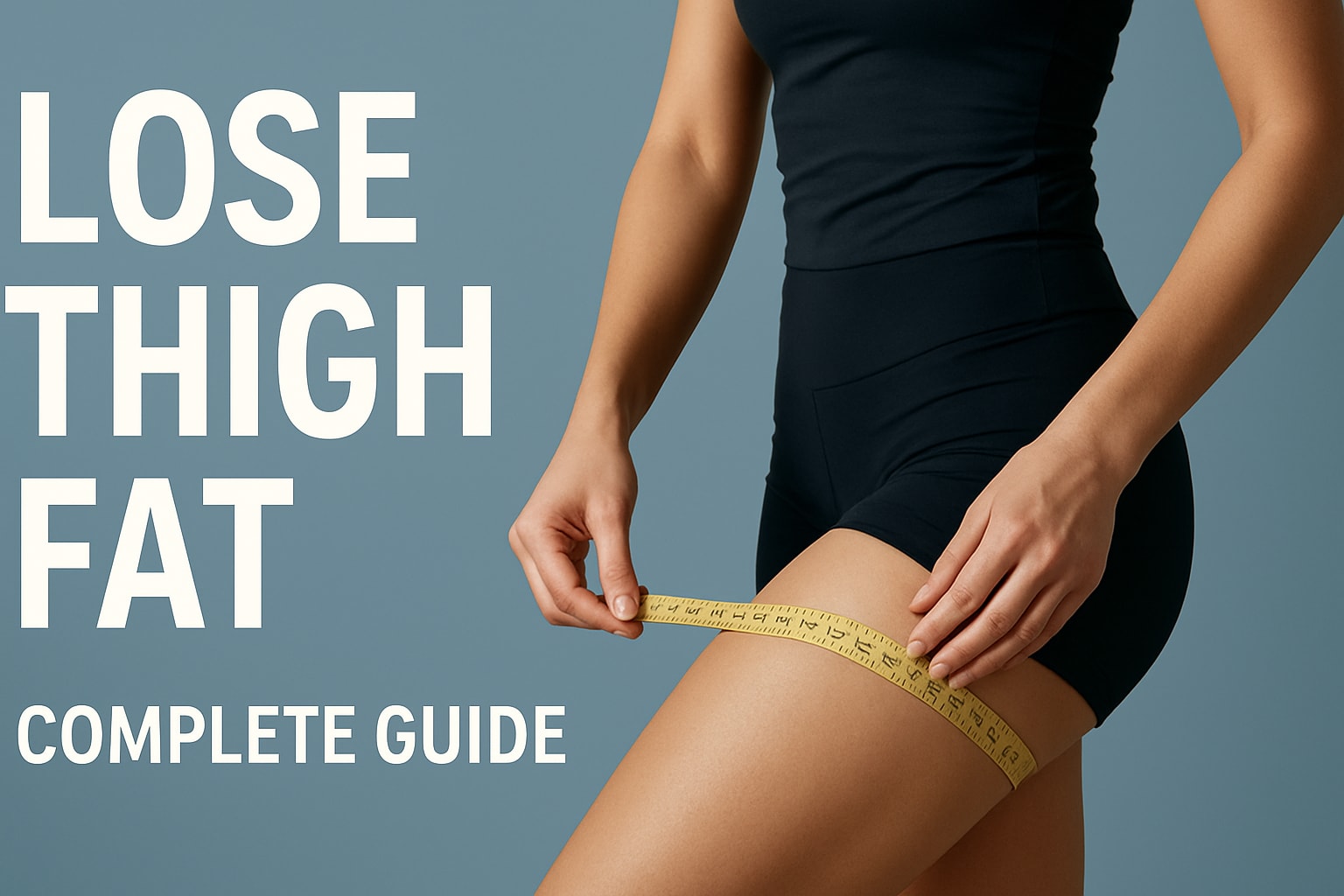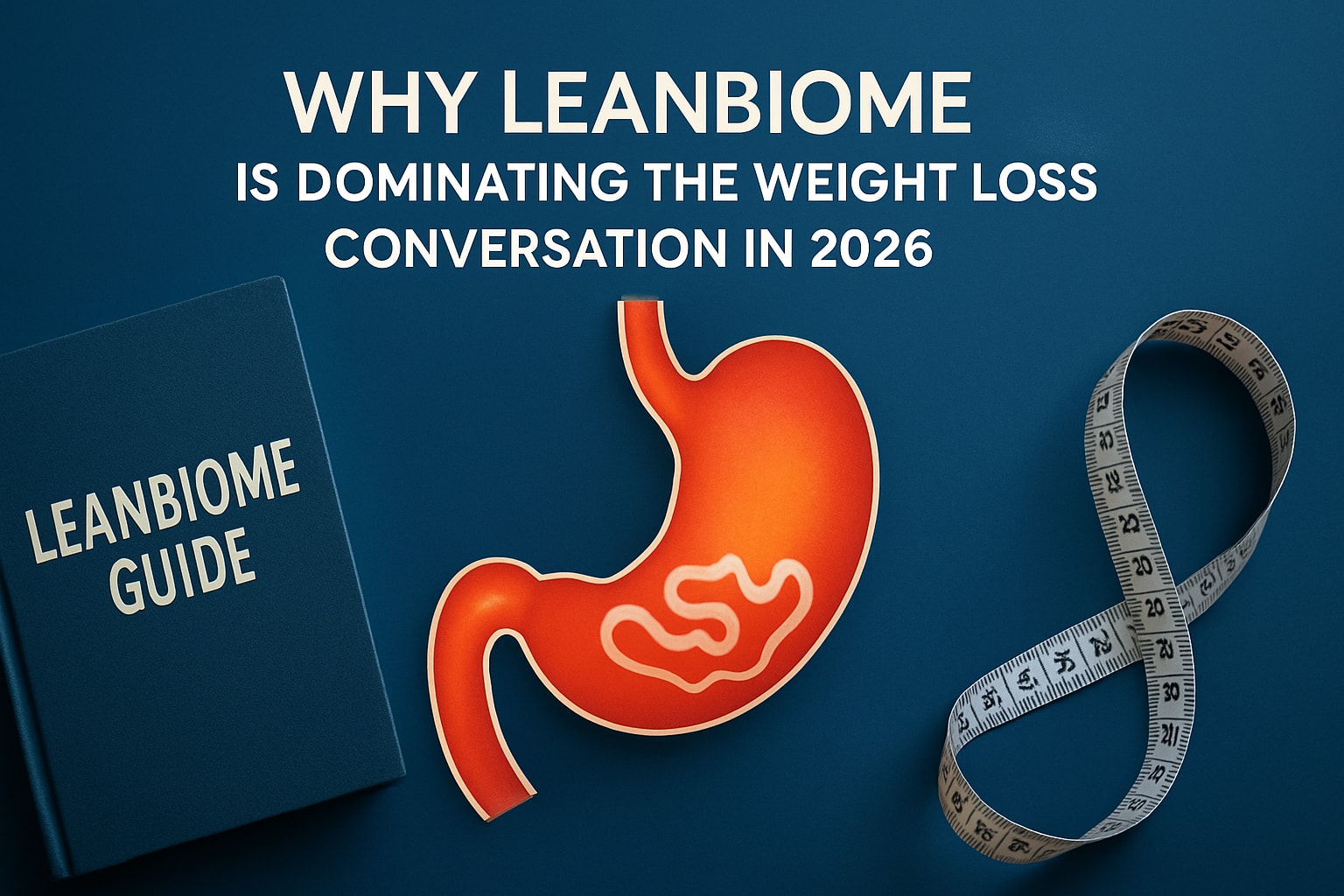Starting a diet looks easy, but there is actually a lot more to it than we think. First of all, have you set an appropriate goal? Having something to aim for is key to keep motivation up and the numbers on the scale down.
Today we’re going to take a scientific approach to setting the right goal for your weight loss.
Understanding the importance of well-defined goals
Setting the tone: when starting a weight loss program, it's crucial to define clear and realistic goals. These goals become your compass, guiding your actions, choices, and strategies. By setting the right goals, you give yourself a sense of purpose and direction. You set yourself up for success.
The science behind goals: the process of setting goals is known to engage the brain's reward center, releasing dopamine—the feel-good neurotransmitter. This positive reinforcement system strengthens your motivation and reinforces your commitment to reaching your weight loss goals.
Are you familiar with the SMART goal framework?
- Specific ✅
- Measurable ✅
- Achievable ✅
- Relevant ✅
- Time-bound ✅
The SMART framework provides a scientific structure for setting effective goals.
- Specific goals pinpoint exactly what you aim to achieve.
- Measurable goals offer concrete metrics to track progress.
- Achievable goals are realistic and attainable, avoiding frustration and loss of motivation.
- Relevant goals align with your weight loss purpose.
- Finally, Time-bound goals offer a clear timeline for reaching your goal for weight loss.
Setting effective weight loss goals
- It’s important to be specific. For example, instead of setting a vague goal like "I want to lose weight," aim for real numbers: "I want to lose 10 pounds in the next 3 months." This specificity helps you clarify what “lose weight” really means for you, and helps you look forward to a concrete result. It has to be crystal clear if the goal has been reached, there can’t be any room for interpretation.
- It has to be measurable: numbers are there for a reason, and you should use them on your goal to lose weight. Start by calculating your BMI to know how much weight you should lose to reach optimum health. Use tools such as the Lose Weight Calculator to determine a healthy and achievable rate of weight loss. This calculator takes into account factors such as your current weight, target weight, and timeframe, ensuring you set realistic expectations.
- And of course achievable: There’s nothing worse than not reaching your goals. So, instead of aiming for drastic weight loss, set goals that align with your body's capabilities. Set a safe and sustainable rate of weight loss that is both motivating and realistic. Saying you’re going to lose 30 pounds in a week may look nice on the board, but it’s pretty unlikely you’ll make it.
- Relevance and motivation: every milestone should be in line with your larger goal of weight loss. Whether it's fitting into a particular clothing size or improving your overall health, relevance keeps you on track and motivated.
- Timelines for success: time-bound goals create a sense of accountability. Break down your weight loss journey into manageable timeframes. For example, aiming to lose 2 pounds per week helps you determine whether you’re on track or need to reevaluate.
Here is an example of how you can set your goals of weight loss.
SMART Goal Component Calculation
Specificity Specific target: Lose 10 pounds
Measurable Metrics Current weight: 180 pounds
Target weight: 170 pounds
Timeframe: 3 months
Expected rate: 1-2 pounds per week
Achievable Targets Safe rate: 1-2 pounds per week
Relevance and Motivation Relevance: Improved health and well-being
Timelines for Success Target timeframe: 3 months
Desired rate: 1-2 pounds per week
Everyone’s particular body and goals are unique, and it's important to create a table that aligns with your specific situation and aspirations.
















